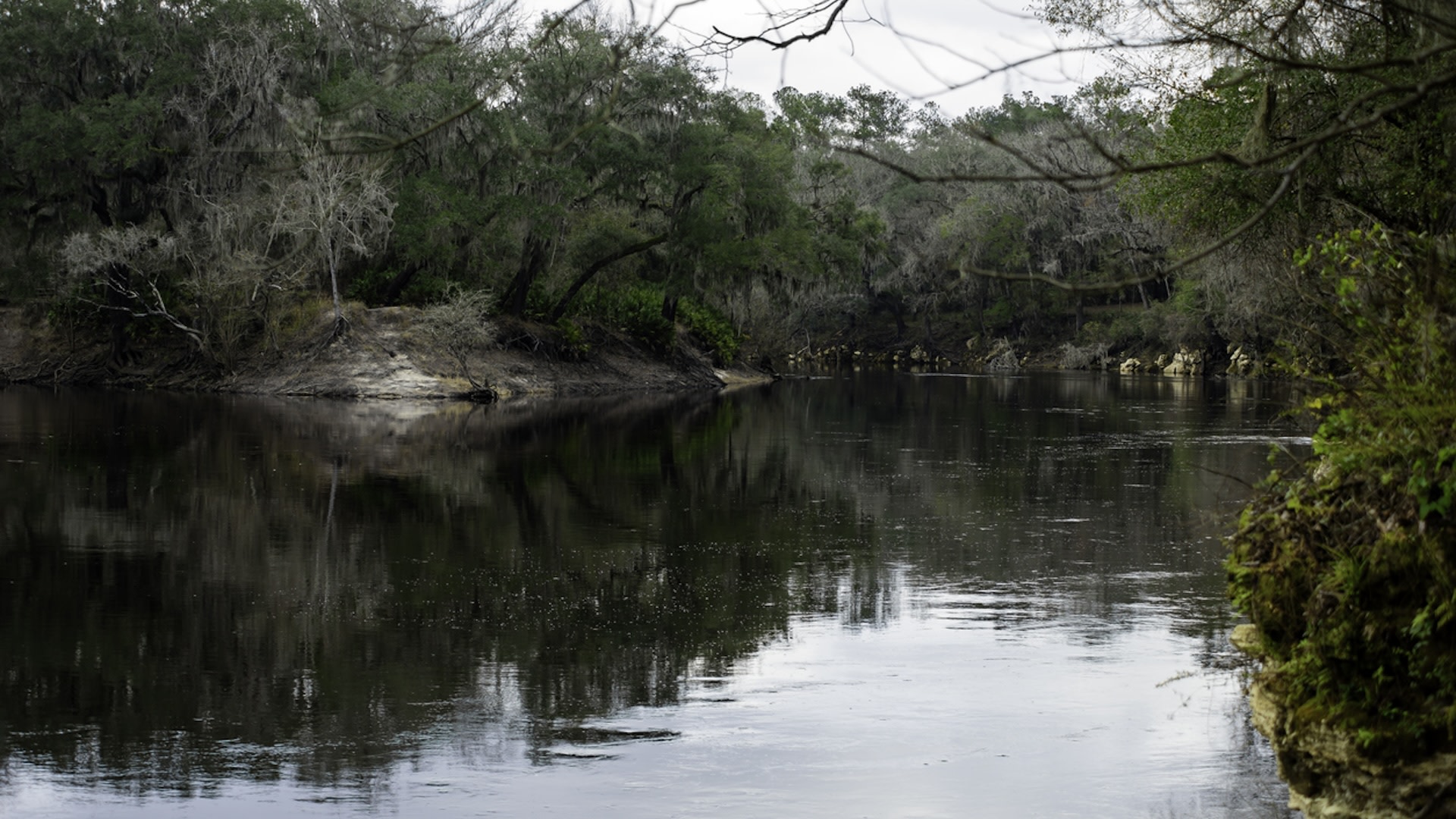With their spiky armor and snouts full of whiskers, Gulf sturgeon have been around since the time of the dinosaurs. But human-driven threats are pushing this Florida-native species to the brink, WUSF reports.
What's happening?
These fish, which are listed as threatened under the Endangered Species Act, face a slew of threats. Pollution has expanded in the Suwannee River, one of the waterways where they live. Plus, hurricanes and flooding can worsen chemical runoff and create oxygen "dead zones" that make it impossible for the sturgeon to breathe. For instance, scientists reported "tremendous" mortality in several Florida rivers with Hurricanes Irma in 2017 and Ivan in 2004, and they're still waiting to assess the impacts of August 2024's Hurricane Debby, which rose water levels by 20 feet along the Suwannee. This rise threatened to spill more fertilizers, salts, and other nutrients into this fish's habitat. Meanwhile, a warming world is causing fluctuations in water levels, which can make it difficult or impossible for sturgeon to reach their spawning grounds.
According to WUSF, scientists say that "Florida's prehistoric fish are surviving as they have for eons … But they're not invincible."
Why is the sturgeon decline concerning?
The Gulf sturgeon serves as an important food source for other animals like alligators, sharks, and other fish, according to the U.S. Geological Survey. Meanwhile, it is also an excellent indicator of aquatic system health, the USFWS says. Healthy rivers support wildlife and humans as well — according to The Pew Charitable Trusts, they protect clean drinking water, provide economy-boosting recreational opportunities, and help provide sustainable food sources, among other benefits.
What's being done to protect the Gulf sturgeon?
The Gulf sturgeon, which was nearly extirpated in the wild, has held on thanks to its 1991 ESA listing, WUSF reported. The U.S. Fish and Wildlife Service also listed the fish's riverine and coastal homes as critical habitat areas, and about 10,000 to 15,000 sturgeons now live on the Suwannee.
However, as global temperatures continue to rise, so do the chances of catastrophic floods and worsening hurricane seasons. That means that to further protect this fish and other riverine species, it is critical that we curb the overheating of our planet as much as possible. Dirty energy sources like coal, oil, and natural gas are responsible for more than 75% of all planet-heating pollution, so cutting down on their use is a good place to start.
To this end, many communities are moving toward cleaner energy alternatives. For instance, Los Angeles has outlawed gas power in all newly constructed buildings while massive denominational churches like the Presbyterian Church are cutting financial ties to dirty energy. You can get involved by enrolling for community solar and voting for pro-climate candidates.
Join our free newsletter for good news and useful tips, and don't miss this cool list of easy ways to help yourself while helping the planet.









